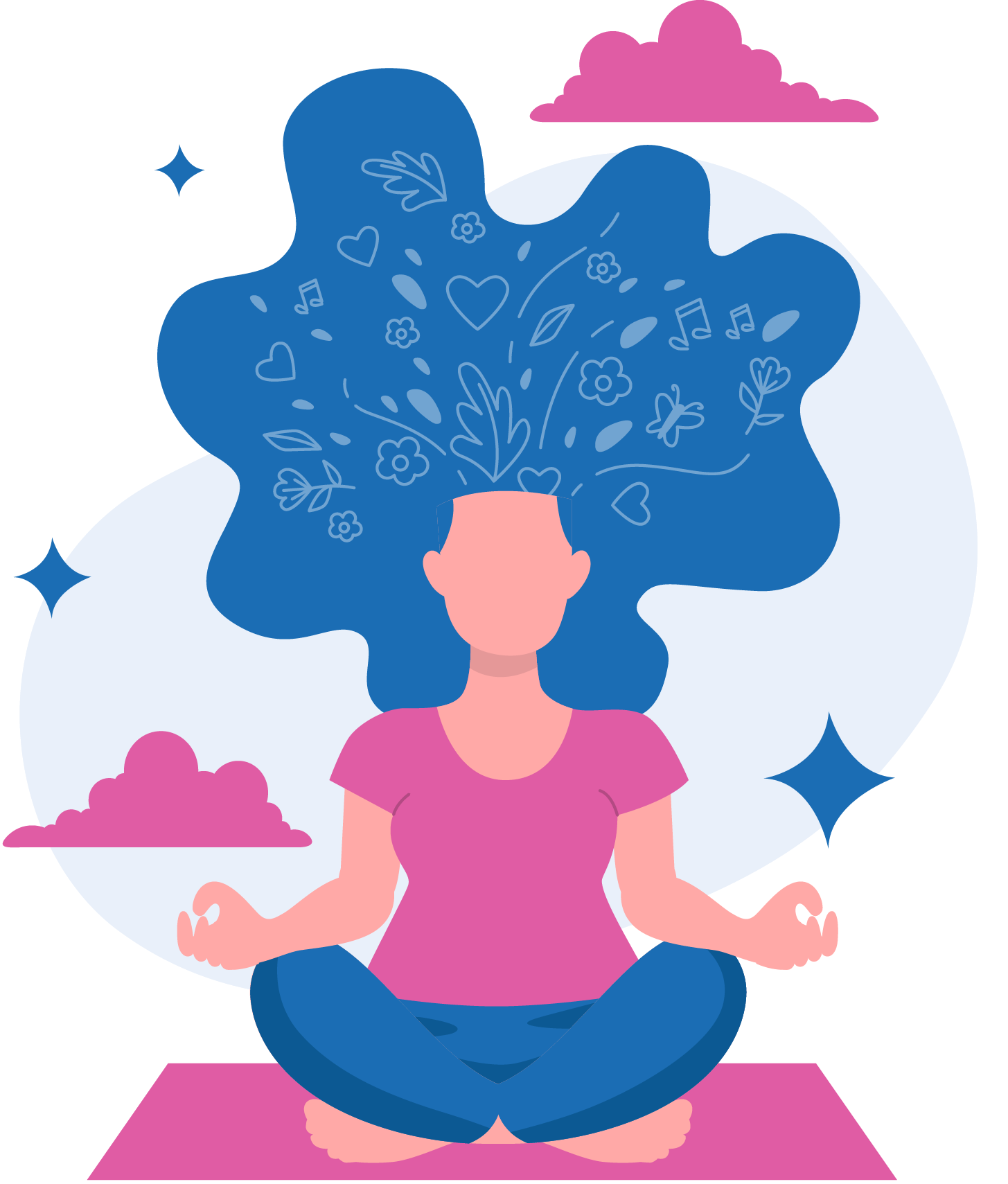Importance of Self-Care: Finding Ways To Relax
Amid the relentless pace of modern life, the importance of maintaining a balanced lifestyle cannot be overstressed. Self-care has surfaced as not merely a trend, but a fundamental practice vital to one's well-being, happiness, and productivity. It's a multifaceted endeavor, uniquely tailored to each individual, encompassing physical, mental, and emotional health. As we navigate through the complexities of work, social dynamics, and personal challenges, finding time for self-care becomes integral to our resilience. Below, we delve into the ways self-care can be interwoven into the fabric of our daily lives, fortifying our ability to thrive in an ever-changing world.
Understanding the Role of Self-Care in Modern Society
In today's hustle culture, prioritizing self-care is often seen as indulgence or laziness. However, it's crucial for maintaining health and well-being, especially with modern society's technological stressors like constant notifications and emails. Practicing self-care ensures we perform our best by feeling our best.
Stress-related illnesses highlight the necessity of self-care routines. Despite societal pressures to prioritize productivity, recognizing self-care as essential, not optional, is key. Just as online gaming can offer a break from daily stresses, self-care provides a vital respite, promoting longevity and a better quality of life.
The Science of Relaxation: How Taking Breaks Benefits Your Brain
Taking breaks is scientifically proven to enhance creativity and problem-solving by allowing the brain to reset. Engaging in enjoyable activities can trigger the release of dopamine, a neurotransmitter that boosts motivation and provides a sense of reward, making it easier to return to work with renewed focus.
Relaxation also reduces stress hormones like cortisol, lowering blood pressure and improving overall health. Even short breaks, like listening to music or taking a walk, can significantly enhance cognitive function and emotional well-being, making them essential for a productive and fulfilling life.
Personal Relaxation Techniques: From Mindfulness to Movement

Relaxation techniques vary widely, catering to different preferences. Mindfulness practices like meditation and deep-breathing exercises focus the mind on the present moment, reducing anxiety and stress. Movement-based activities such as yoga and tai chi combine physical exercise with controlled breathing, promoting both physical and mental tranquility.
For those who prefer indulgent relaxation, options like bath rituals, reading, or trying CBD gummies can provide much-needed downtime. Experimentation is crucial to finding what truly brings peace, whether it's crafting, cooking, or any other hobby. The aim is to discover and regularly engage in activities that genuinely help unwind.
Balancing Work and Life: Strategies for Integrating Self-Care into Your Routine
Integrating self-care into daily routines requires thoughtful planning and commitment. Setting firm boundaries between work and personal life, such as resisting the urge to check work emails after hours, can help maintain this balance. Time management is crucial; allocating specific moments each day or week for self-care activities ensures they aren't overlooked, whether it’s a morning run or an evening meditation session.
Communicating the importance of self-care to friends and colleagues can foster a supportive environment. Self-care doesn't have to be time-consuming or extravagant; it's about appreciating small pleasures like savoring a cup of tea, enjoying quiet moments of reflection, or taking several deep breaths throughout the day.
Measuring the Impact of Self-Care on Overall Well-Being and Performance
Regular self-care can significantly enhance well-being and performance, improving mood, energy levels, and work efficiency over time. Tools like self-assessment and wellness journals help individuals track their habits and feelings, identifying the most beneficial practices.
Workplaces are recognizing the value of self-care for employees, leading to higher job satisfaction and productivity. As holistic health gains prominence, the link between mental well-being and professional success becomes clearer, making self-care a valuable investment for personal and professional growth.
Overall, the journey to incorporate self-care into our lives is a personal and continuous process. By acknowledging its importance and actively seeking out moments of rest and relaxation, we pave the way for enhanced well-being and enriched lives. As we cultivate these practices, we not only strengthen our resilience but also our capacity to contribute positively to society.



Leave a Reply